The Source: An interview with director Radu Mihaileanu
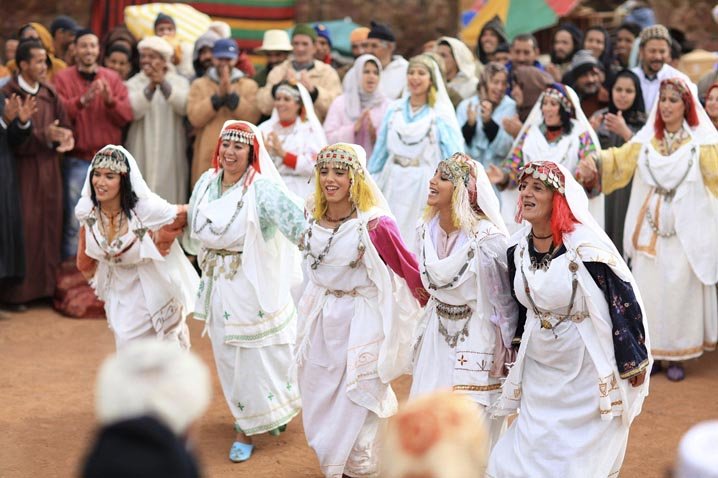
Romanian-born French film director Radu Mihaileanu has lived a turbulent life. Escaping a harsh dictatorship in Romania three decades ago, he lost loved ones and rebuilt his life in France. However, this did not stifle his ability to laugh and make jokes, which is evident in his comedy about serious issues in his latest film, The Source. We caught up with him to talk about this balance, love and women’s rights.
What research did you do in preparation for The Source?
Firstly, I went to Arabic countries; Morocco was included, as I know a lot about the people there. I had the chance each time I travelled to Morocco to stop in the villages and speak to the people. Once I decided to do this film and direct it by myself, I went to live in a village and I interviewed the women in all the valleys around. It was tough in the beginning because as you can imagine, in that kind of culture it is difficult to be white, to be coming from a Western country, to not speak the language and to ask the men to live me alone with the women so I could talk with them! I had a translator who was originally form the villages, so she helped me with the dialogue. It was amazing to get a deeper understanding of what it meant to be women of different ages, different generations in that culture and how they think. That was the biggest, most interesting thing in the film.
What language was the film shot in?
The film was shot in Moroccan, the Moroccan Arabic language Darija.
Interestingly, Leila is more educated than the other women in the village and she initiates the strike. Would you say that this contributes to her outsider status?
I would say that all these elements help her to become the leader of that revolt. Leila belongs to the village but at the same time she is distant. She hasn’t got her family there to say: “Don’t do this!” and she has two other elements helping her: reading and writing, especially reading. She can find out the truth about her faith and not just rely on what a man has told her about religion; so she can have an objective point of view. Lastly but also very importantly: she is loved by her husband. She is covered. She has full backing.
The men in the film call Leila a witch. They say that she has put a spell on her husband Sami because he supports her and she has her own voice. Is that the case in some of the cultures you have experienced?
Yes, I witnessed it in a village I lived in exactly the same circumstances. A man who knew how to read and write had a wife he married out of love, which was new. He didn’t obey his parents and didn’t marry the women they chose for him. That’s good; it is a form of independence. On the other hand, because he loved his wife so much, he was deemed to be weak and feminine, which could be interpreted as an insult. For me it shows equality.
Sami for me is a very realistic character because all those civilisations are changing. I don’t think Leila is against tradition, but she’s against some parts of tradition that don’t bring wise decisions in the village. She is for tradition – meaning for the memory – for the good things that come from the elders.
Mother Rifle is almost like a pillar for the females in the community. Because she is elderly, does that give her more autonomy over her life?
She is old and her husband died, which makes her independent. She is no longer tied by a man who tells her what to think or do. At the same time she is respected by the villagers, and she has an open mind. Being a poetess – even though she can’t read or write – she is educated by her ancestors, that rich culture of memory. She is also very funny. She uses all that, and her authority on men. She has all the components of a great human being.
The issues dealt within the film are quite serious, yet there are elements of comedy in it. What was the reasoning behind this?
That’s my life! I escaped a very hard dictatorship in Romania and some of my friends were arrested and killed. So we lived with that tragedy close to us, but at the same time we knew that life is very short and that we have to live it. The only way to prove to ourselves and the dictators that we were alive was to be funny and that was intelligent, a life energy. So all my life I could not separate tragedy from comedy; they always come together. Everything in life things is balanced, good and bad, perfect and imperfect, ying and yang… So to ask me to produce a film about just tragedy or comedy is impossible, because life for me is not like this. In life everything is mixed.
What drew you to cast Leila Bekhti as the lead role?
I discovered her when she did her second film, where she had a very small role. The two main characters were played by French stars, but my eye was always on Leila in the corner of the frame; it meant that the camera loves her. She will be a star. Immediately I started thinking about the film, which was 12-page long at the time. I remember I called Leila and said that I would like to meet her, that she would be the star of my movie. She said: “I’m not a very big star: I am just a small actress.” She read the 12 pages and we started talking. I thank her not only because she did such a wonderful job in the film – she could be strong, funny, tragic, tense, outrageous – but also because she engages in many discussions about the condition of the women in the Arab Muslim culture, and that was very important for me. She offered me a very important book which is about the women’s rights in the Quran. From that, I discovered the 62 surah (chapters) in the Quran that speaks about women’s rights. Now after I have read it, nobody can tell me that women have no rights in that religion, because the prophet Mohammed did say otherwise.
Anita Bruce-Mills
The Source is released nationwide on 18th May 2012.
Read our review of The Source here.
Watch the trailer for The Source here:

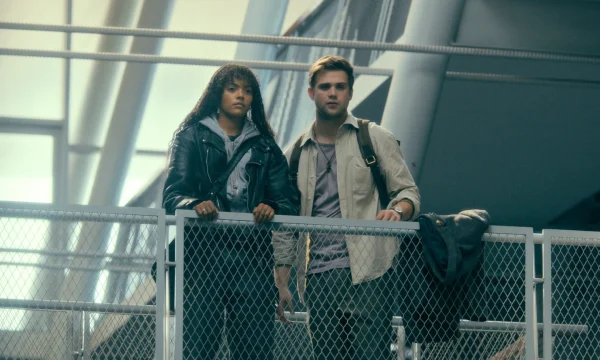
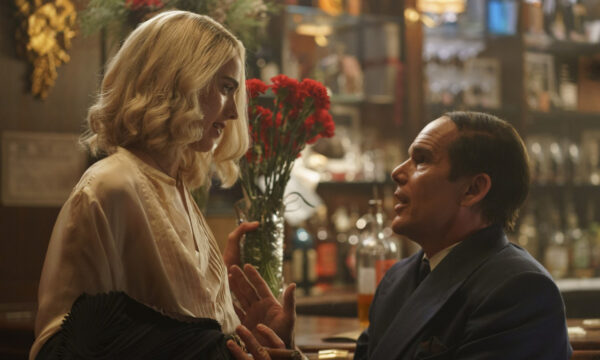
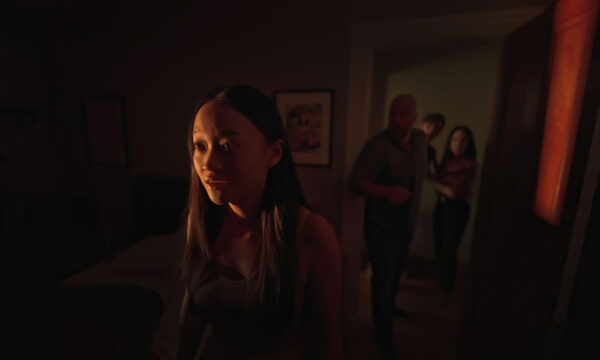
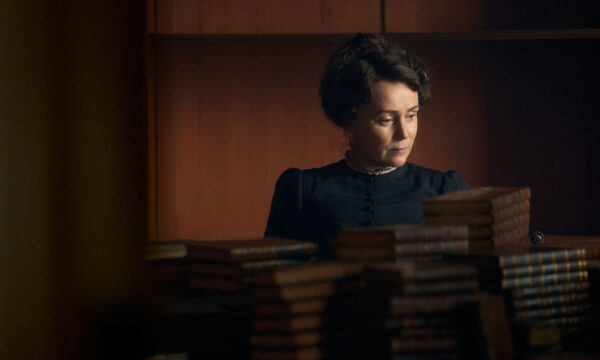
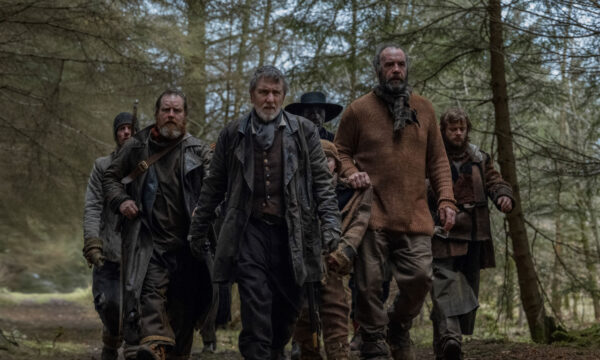
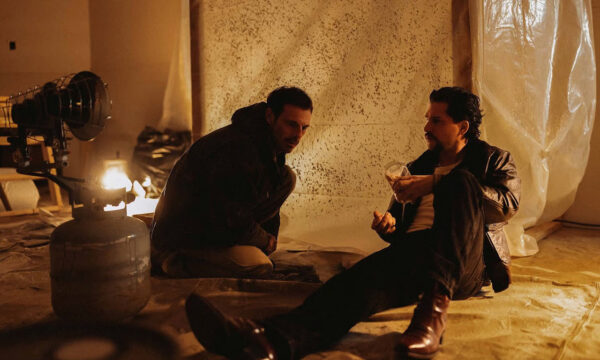
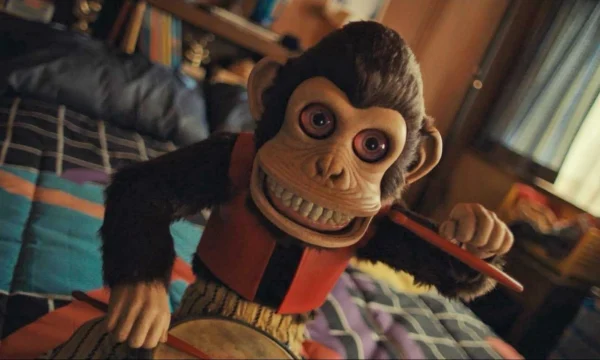
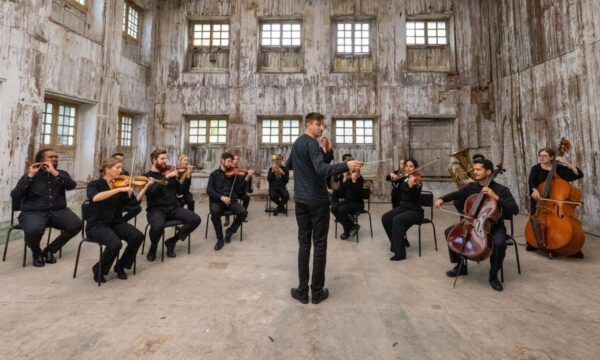
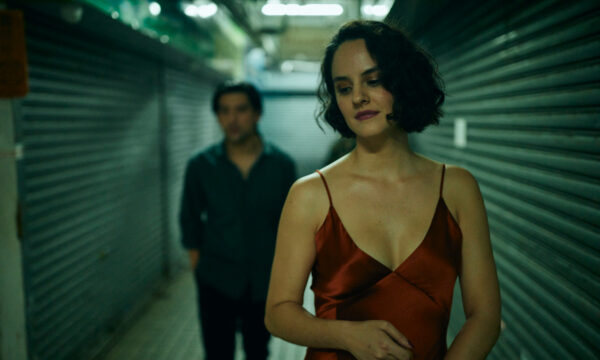









Facebook
Twitter
Instagram
YouTube
RSS